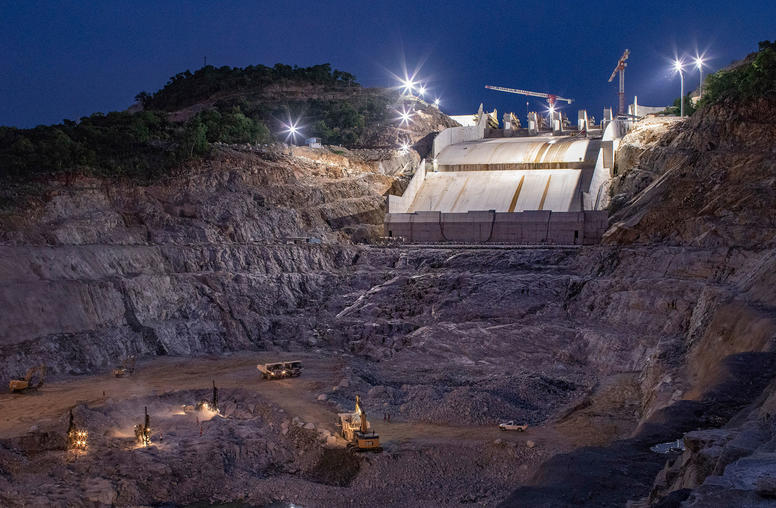 Cameroon
Cameroon
Featured Publications

Peace, Poaching and Pangolins in Central Africa
The pangolin — also known as the scaly anteater — is a small, primarily nocturnal mammal that lives in parts of Africa and Asia. Reportedly the most trafficked animal in the world, the pangolin is desired for its scales and its meat, particularly in Southeast Asia. Data shows that a pangolin is poached every three to five minutes. But the demise of the poor pangolin, as well as other trafficked species, has implications beyond the obvious risks to biodiversity. As new research shows, the proceeds of wildlife trafficking also contribute to violent conflict in Central Africa. Researcher Alexia Tata discusses the findings of her research on this issue and its implications for peace and security in the region.

Civilian-Led Governance and Security in Nigeria After Boko Haram
Focusing on northeast Nigeria and the Lake Chad Basin, this Special Report outlines the rise of the Boko Haram insurgency in Nigeria and the security and governance challenges in the wake of its possible decline.

After Election, Cameroon’s Governance Crisis Continues
Eighty-five-year-old Paul Biya, president of Cameroon since 1982, was sworn in for his seventh term in office on November 6, after complaints arising from multiple allegations of electoral irregularities in polls held a month earlier were dismissed by Cameroon’s constitutional court. An intercommunal crisis in Cameroon has seen violence increase substantially since 2017, and the conduct of these elections—which saw a partial boycott—has added to grievances. In this analysis of the official election results, USIP’s Aly Verjee and Jude Mutah examine the data, and discuss the prospects for Cameroon after the election.
Current Projects

Peace and Security Issues in Africa-China Economic Relations
Much of the research that has been conducted on the impact of China’s economic engagement with Africa has focused on their economic exchanges and security engagements in isolation of one another. But few have sought to understand the interconnections between these themes. These interconnections matter, as some Chinese firms are responsible for environmental degradation, population displacement, corruption and illegal extraction activities — all of which are factors that can drive conflict.